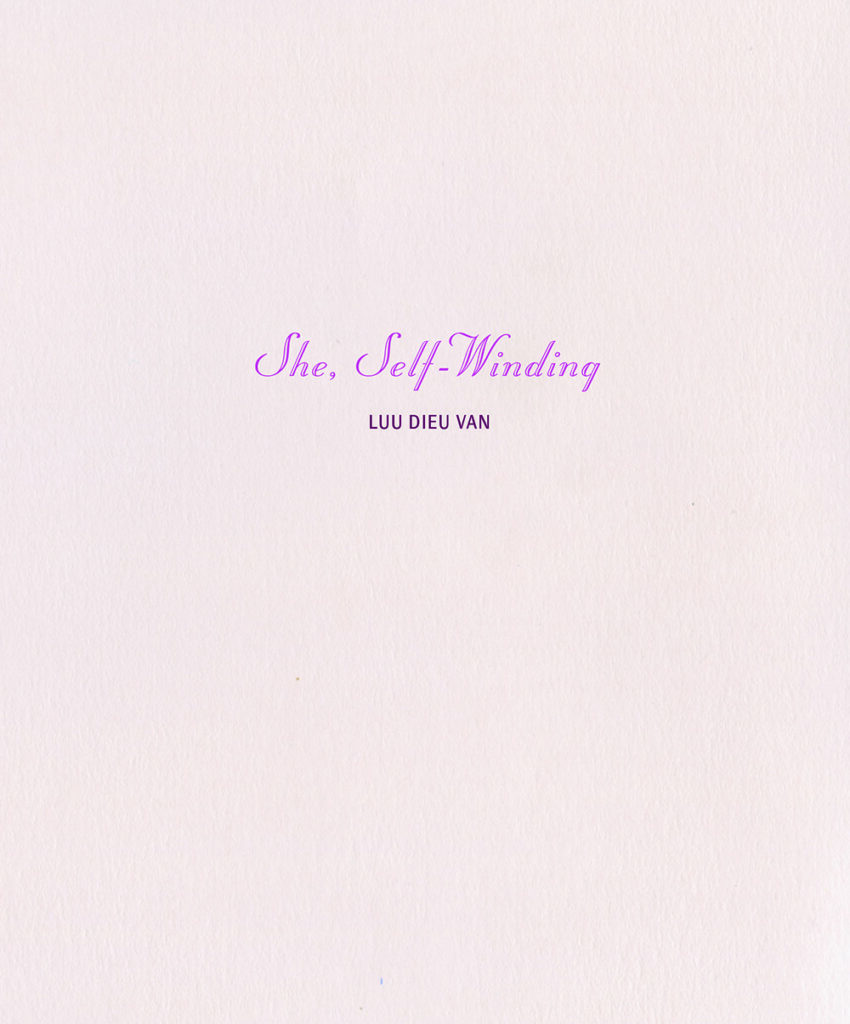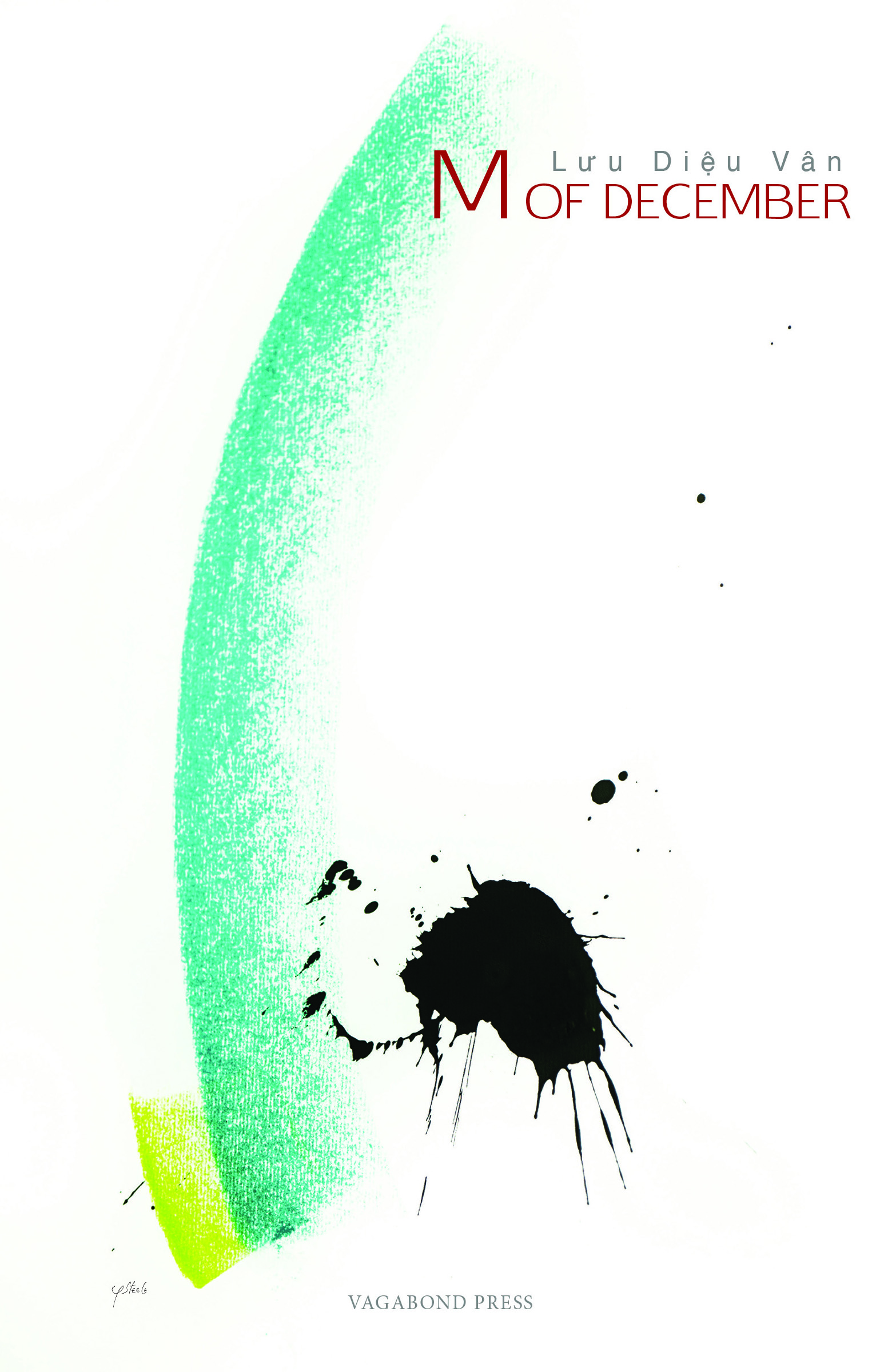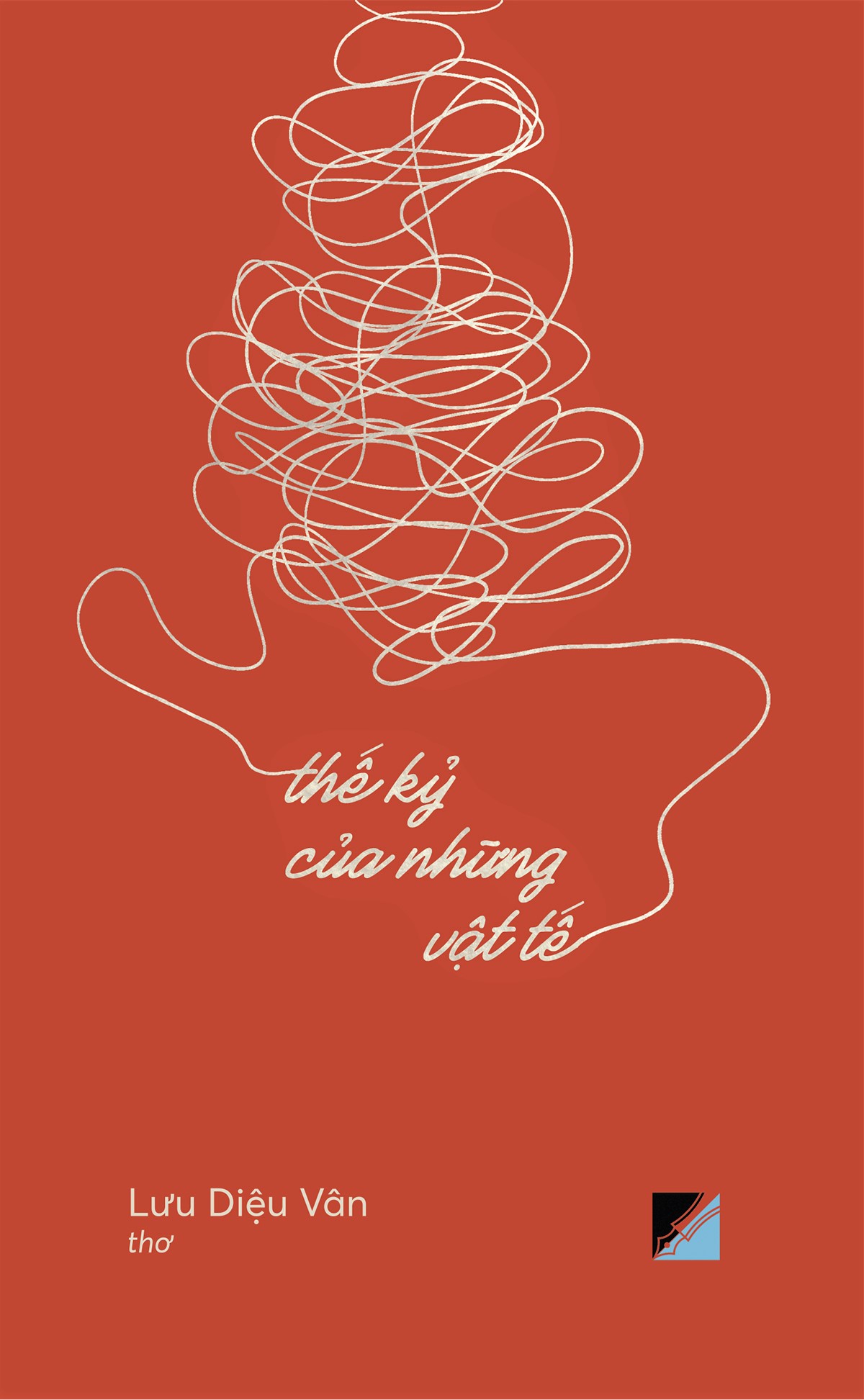“Pink Is Raw”: A Conversation with Luu Dieu Van
SYDNEY VAN TO Mar 29, 2023 Deputy editor Sydney Van To talks to Luu Dieu Van about female sexuality, Vietnamese Communism, and the act of self-winding. Luu Dieu Van’s poetry collection She, Self-Winding is out now by Ugly Duckling Presse. Original interview was published…




